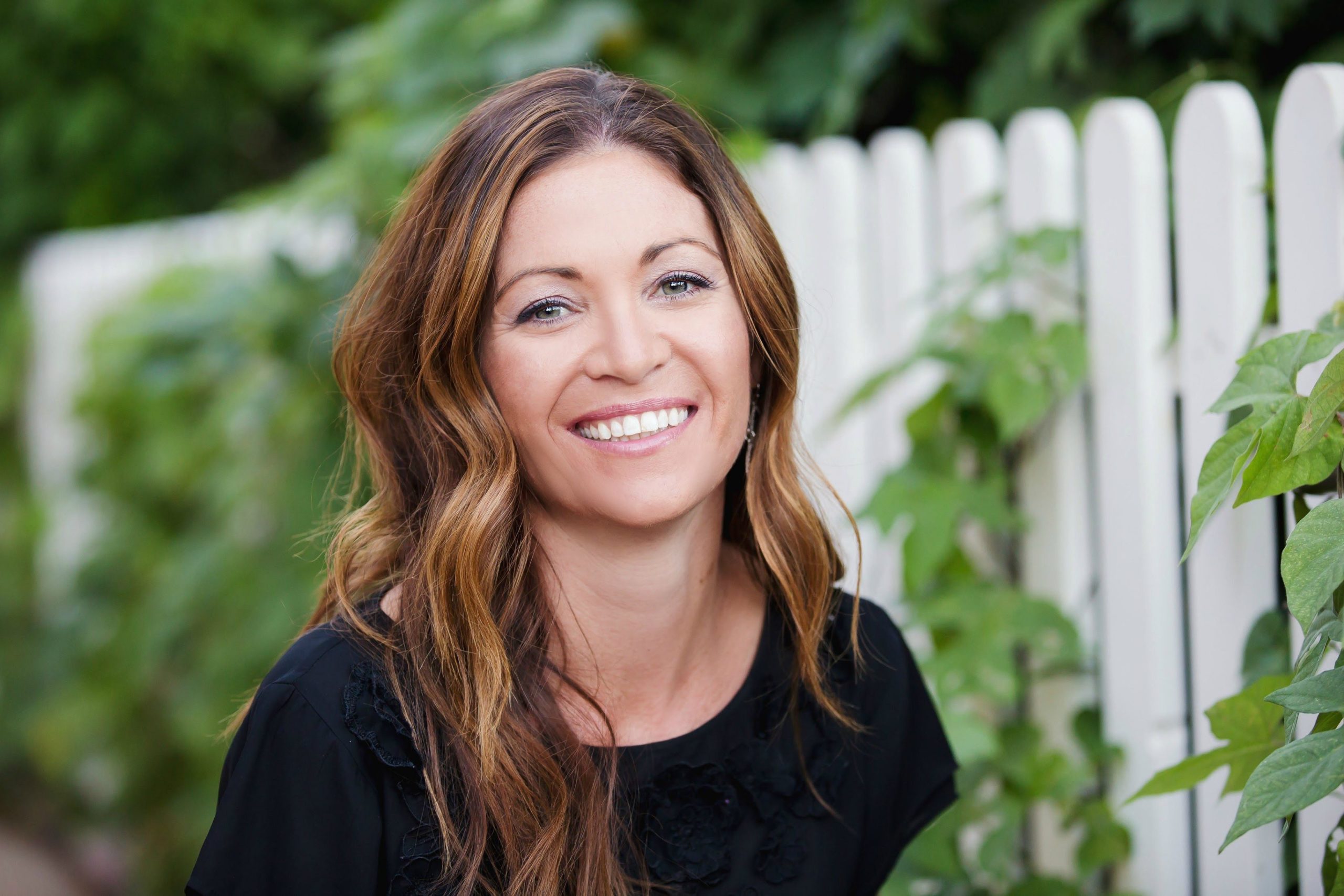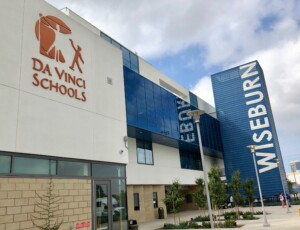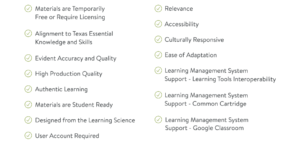Evolving Through Connections, Feedback, and Relevancy
Key Points
-
Evolving is about continuously getting better through intentional reflection, but the gradual element is also critical.
-
Evolving is also about an asset-based approach.

By: Katie Martin and Lainie Rowell
What does the word “evolve” mean to you as an educator? For us, this is an important word. Yes, it is about continuously getting better through intentional reflection, but the gradual element is also critical. Not because we want to go slow, but because we want to, with great care and intention, improve our practice, not just quickly jump from trend to trend but based on what our learners need. Evolving is also about an asset-based approach, leveraging effective practices that help us achieve our goals like relationships, authentic learning, feedback to continuously examine what is working, what is not, and what is possible.
Great educators and great practices can evolve and adapt to a changing context. Evolving in education is about aligning our practices in education with the world we live in. This means that we will need to prioritize what matters most and hold tight to the practices that we know are working for our learners and context. It also means that we have to let go of what no longer works, and continue to evolve to meet learners where they are. But how do we meet learners where they are? We must start by connecting to our learners to nurture the whole child and build community.
More meaningful connection with learners, less focus on quantity of content
Despite the awareness of students’ diminished sense of belonging and lack of engagement in their learning, we also feel the pressure of outside forces pushing us to cover massive amounts of content as quickly as possible. To be clear, we know we are here to educate and academics are essential. However, a dangerous overcorrection to a sense of falling behind is to aggressively push for “more” and “faster” which leads to stress and anxiety. According to Dr. Marc Brackett, research psychologist and Founding Director of the Yale Center for Emotional Intelligence, emotions impact:
• Attention, memory, and learning
• Decision making
• Relationship quality
• Physical and mental health
• Performance and creativity
If we are really focused on the whole child, we can’t neglect our learners’ well-being. First and foremost because people matter more than their test scores. But if that is not enough, we also have to recognize that if students aren’t connected to their teachers, one another, and the work they are doing, we won’t have the conditions where learning is likely. We can start with simple things like greeting kids at the door by name to make sure they feel seen and a sense of belonging. We can also embed social and emotional learning (SEL) into our every day.
Great educators and great practices can evolve and adapt to a changing context.
Katie Martin and Lainie Rowell
More opportunities to grow through feedback, less ranking, and sorting
Instead of adhering to a fixed timeline, we can create systems that move beyond ranking and sorting students based on how they perform at a given point in time to help them understand their mistakes, learn the material, and revise their thinking and understanding. When we provide high-quality feedback and multiple opportunities and ways to demonstrate what they know and can do, students can focus on and be held accountable for learning and growth. This is prioritizing personalization over one-size-fits-all. The impact of the multiple opportunities to develop competencies is not only that it allows students to improve their grades, but it also ensures that they understand the important concepts. If developing competency in these skills is truly the goal, getting clarity on what we value most and what students should know, as well as developing policies and practices that help them improve is key. We can evolve by having important conversations like rethinking grading practices and ways to empower learners in the assessment process.
More relevant application, less busywork
If we let our high-stakes tests (that primarily measure content knowledge and basic skills) drive what we do every day in school, we will narrow the curriculum. Instead, we need to allow for learners to engage in authentic tasks and apply skills in relevant ways that matter to them. If we don’t, we will continue to see disengagement and students failing to reach their full potential. When students are behind or lack skills, what they need is more context. They need to understand the purpose of what they are learning. Instead, we reduce their education to drill and kill and never-ending worksheets, and then we wonder why they hate reading or think math is irrelevant. Foundational skills are absolutely necessary, but learners won’t master them without the motivation to practice and guidance to improve. Design Thinking, Project-Based Learning (PBL), and Challenge Based Learning (CBL) are inquiry-driven pedagogical methods that are learner-centered, taking what research proves is best for teaching and learning while also allowing us to design prosocial learning experiences that are relevant and can even solve real-world problems.
With an asset-based approach, our practice can evolve to focus on nurturing the whole child through connections, feedback, and relevancy. We can create safe, equitable, empowering learning experiences so all children (and adults) can reach their potential. How do you plan to continue to evolve?
Lainie Rowell is an educator, international consultant, writer, podcaster, and TEDx speaker. She is the lead author of Evolving Learner and a contributing author of Because of a Teacher. An experienced teacher and district leader, her expertise includes learner-driven design, community building, online/blended learning, and professional learning. Since 2014, Lainie has been a consultant for the Orange County Department of Education’s Institute for Leadership Development.





0 Comments
Leave a Comment
Your email address will not be published. All fields are required.